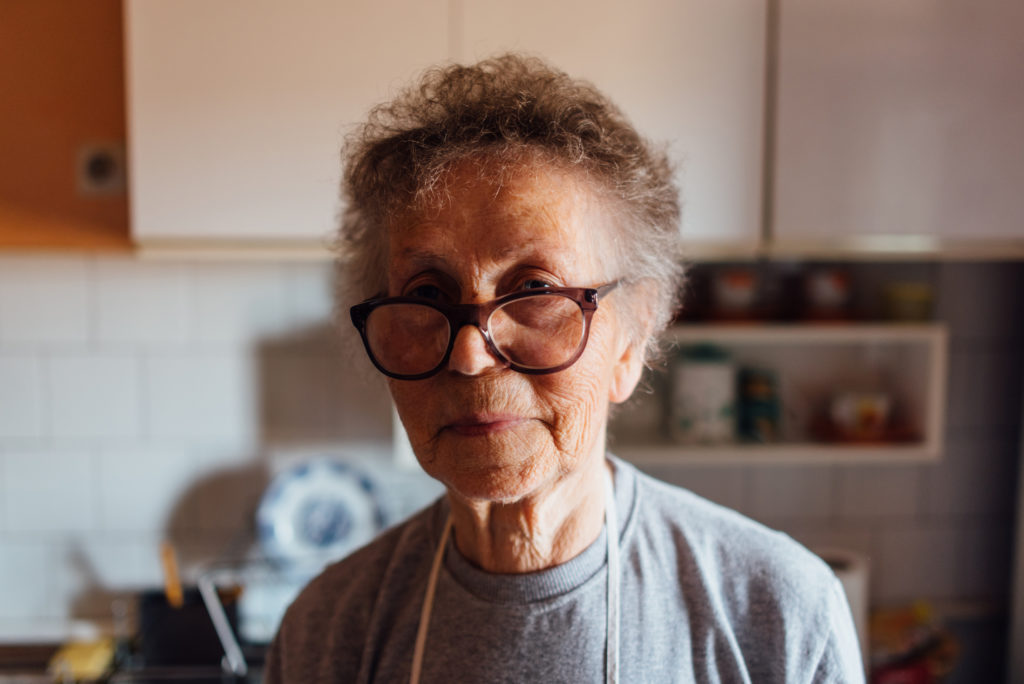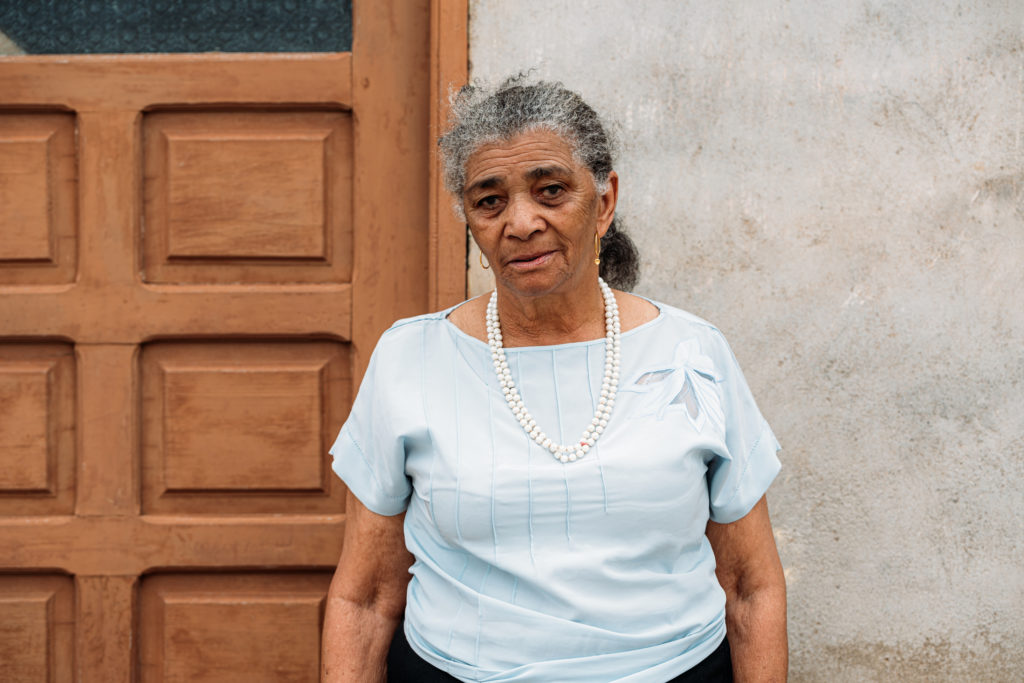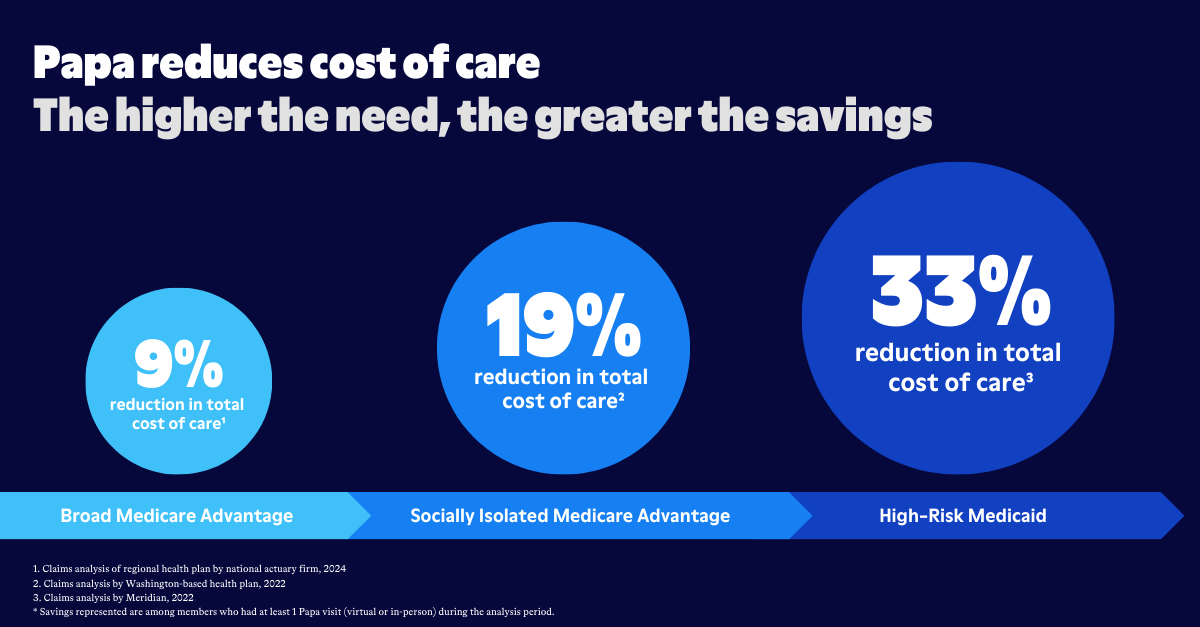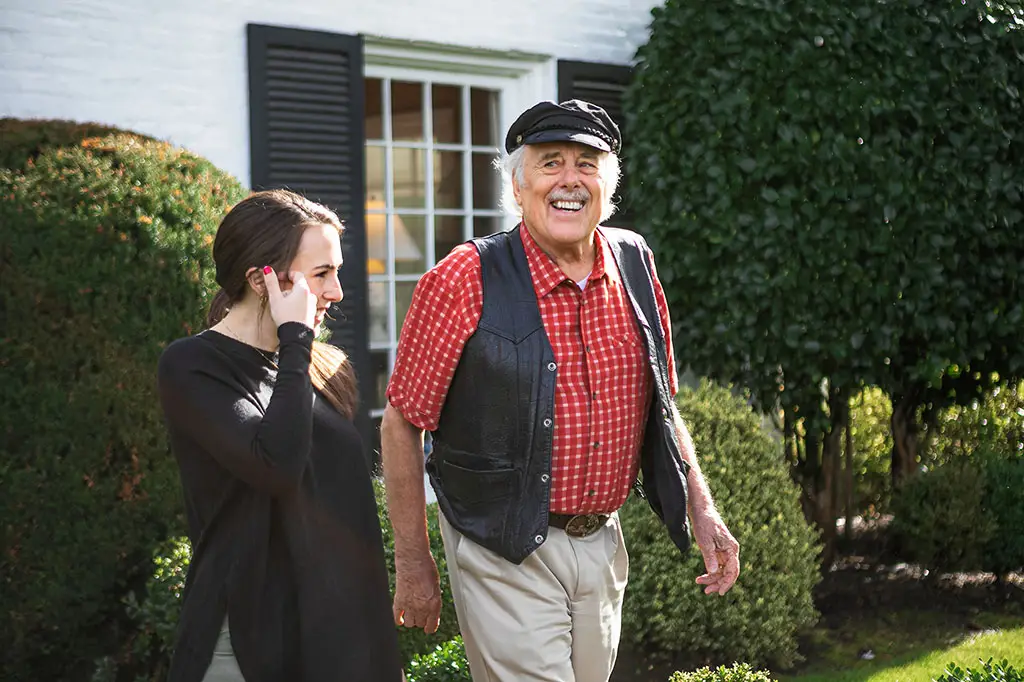
It’s not hard to see that Covid-19 has been especially difficult for older adults. While those over the age of 65 make up less than 20 percent of the U.S. population, the CDC reports that senior citizens have accounted for about 75 percent of pandemic-related deaths. Additionally, what seems like a plague of loneliness has made older adults susceptible to health conditions that often come as a direct result of social isolation.
The impact the pandemic has had on older adults and loneliness is hard to comprehend.
Senior citizens have been more likely to die from the coronavirus, and additionally, have also struggled with the isolation and loneliness. Fortunately, today, the pandemic is waning; fewer people are getting sick, and there’s no longer any need for mandatory lockdowns. The problem is that for many older adults, the social isolation and loneliness remain. Here, we’ll take a look at why this matters to health plans, and help you figure out how to help your members who are struggling...
“Under appreciated” health risks
Even prior to Covid-19, social isolation and loneliness among older adults was a growing problem in the United States. “Social isolation and loneliness,” stated one report by the National Academy of Sciences published just before the pandemic began, “are serious yet under appreciated public health risks that affect a significant portion of the older adult population.” At that time, according to the NAS, one in four people over 64 said they were socially isolated. Similarly, more than 40 percent said they were lonely. The year before, in 2019, the U.S. Health Resources and Services Administration also weighed in on the matter. The agency called loneliness an “epidemic,” and noted that $6.7 billion in annual federal spending could be attributed to social isolation among older adults.
Social isolation and loneliness: by the numbers
Increased health care spending is largely due to costs associated with social isolation. HRSA pointed out that social isolation and loneliness can be as dangerous as smoking 15 cigarettes a day. Other research has shown the two conditions put people at higher risk for everything from cardiovascular disease to depression.
Pandemic findings: loneliness on the rise

Enter: The Pandemic. So what happened on the social-isolation-and-loneliness front once coronavirus-related restrictions came onto the scene? According to researchers at the University of Michigan, everything became significantly worse.
In a poll the university conducted in June 2020, one in three older adults said they felt “less companionship” compared to the months before the pandemic started. More than half (56%) said they felt socially isolated. Furthermore, according to the researchers, the survey revealed “that loneliness and limited social contact during the pandemic were strongly associated with depressive symptoms and overall mental health among older adults.”
Later, a slew of other research backed up the University of Michigan’s findings. As one December 2021 study published in the journal of the American Speech-Language-Hearing Association put it, social isolation had been “paramount for older adults” since the pandemic began. That isolation had “led to a pandemic of its own with mental, physical, and psychosocial effects that may be far-reaching in years to come.”
Providing help with companion care
For Medicare Advantage plans, all of this data is very worrisome. Many of your members may be lonely and therefore at risk of poor health. It doesn’t bode well for the overall health of the people in your network, and it doesn’t bode well for controlling costs.
The good news is, there is a solution for health plans prepared to think outside of the box. You can help your members stay connected by adding a companion care benefit.
Companion care is a way to help older adults age comfortably at home when they don’t have adequate support from family or friends. The service typically involves a trained and vetted assistant spending time one on one with the member, helping them with activities of daily living. They might take them to the pharmacy or a doctor’s appointment, or help them shop for food or challenge them to a board game. Maybe they’ll spend an afternoon in conversation, or on a trip to the movies or a community event. The companion care professional’s primary job is to simply be the member’s friend—someone they can talk to any time of day and lean on whenever help is needed. It's the human-to-human way to combat loneliness. Best of all, Medicare Advantage health plans can offer it as a supplemental benefit.
Companion care can’t solve everything, especially in the wake of a global pandemic. It can, however, help older adults with social isolation and loneliness, which means it can help health plans as well.
For more on how companion care services can help your members and your organization, download Papa’s Guide to Companion Care.



